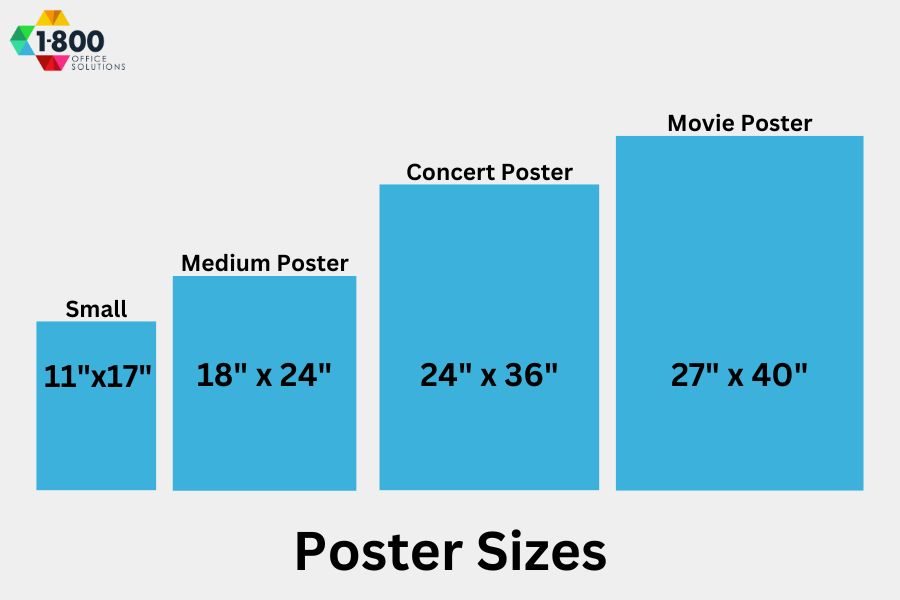AI in Healthcare: 3 Game-Changing Innovations

1. Virtual Personal Health Assistants
One of the most impactful applications of AI in healthcare is the rise of virtual personal health assistants. These AI-driven tools help users monitor and manage their health in real-time, often via smartphones, wearable devices, and smart home technologies.
Key Functions:
- Track heart rate, blood pressure, glucose levels, and sleep cycles
- Send medication reminders and doctor appointment alerts
- Analyze user data and provide health recommendations
- Document symptoms to share with healthcare professionals
For example, wearable devices like Apple Watch and Fitbit can now detect irregular heart rhythms or low oxygen levels, prompting users to seek medical help before conditions worsen. A 2023 case study from the Mayo Clinic highlighted how a patient’s Apple Watch detected signs of atrial fibrillation, leading to early intervention and successful treatment.
2. AI-Powered Healthcare Bots
Healthcare bots are transforming patient engagement by providing instant, accessible medical support. These AI tools are available 24/7 through websites, apps, and phone systems, offering a convenient alternative when a doctor isn’t immediately reachable.
Capabilities of Healthcare Bots:
- Collect patient history and assess symptoms using natural language processing
- Provide initial medical advice based on evidence-based algorithms
- Reduce wait times for non-emergency medical questions
- Route patients to appropriate care or escalate urgent cases
According to a HealthIT.gov report, bots like Florence, Ada, and Babylon Health have already been used by millions to manage basic health concerns. In one hospital network, implementing a chatbot reduced administrative call volume by 38%, allowing staff to focus on critical care tasks.
Additionally, bots aid doctors by reducing repetitive paperwork and supporting decisions with data-driven insights. They also help providers benchmark treatments by comparing outcomes across similar patient profiles—improving diagnosis accuracy and treatment efficiency.
3. AI Health Coaching for Chronic Conditions
Chronic disease management has traditionally required frequent in-person checkups, strict lifestyle changes, and manual tracking of health indicators. AI health coaches are making that process simpler and more accessible.
What AI Coaches Can Do:
- Monitor patient vitals and behavior patterns 24/7
- Deliver real-time feedback on diet, exercise, and medication
- Alert users and healthcare providers to potential health risks
- Offer tailored advice based on patient history and habits
For instance, MyDiabetesCoach and Omada Health are platforms that combine AI coaching with human support. These tools are especially helpful for individuals with diabetes, COPD, and hypertension, helping them stay on track with their treatment plans and avoid hospitalization.
In a study published by the National Center for Biotechnology Information, AI health coaching resulted in a 27% improvement in adherence to care plans among patients with Type 2 diabetes over a 6-month period.
Why Trust Matters: Data Privacy and Transparency
With the integration of AI into sensitive areas of healthcare, concerns around data privacy and algorithm transparency are valid. Reputable AI solutions must comply with HIPAA and GDPR standards to ensure patient information is protected.
Healthcare organizations should always disclose how patient data is collected, stored, and used. Choosing AI tools from certified vendors with a proven track record in healthcare security is critical for maintaining patient trust.

Conclusion: The Future of AI in Healthcare
AI is rapidly becoming a cornerstone of modern healthcare. From empowering patients with real-time data to helping providers deliver more precise and timely care, its impact is undeniable.
These three innovations—virtual health assistants, healthcare bots, and AI coaching—represent just the beginning. As AI continues to evolve, so too will its role in enhancing outcomes, reducing costs, and making healthcare more accessible to everyone.
If your healthcare organization is considering AI integration or wants to learn how to use it more effectively, get in touch with our team today. We’re here to help you stay ahead of the curve.













